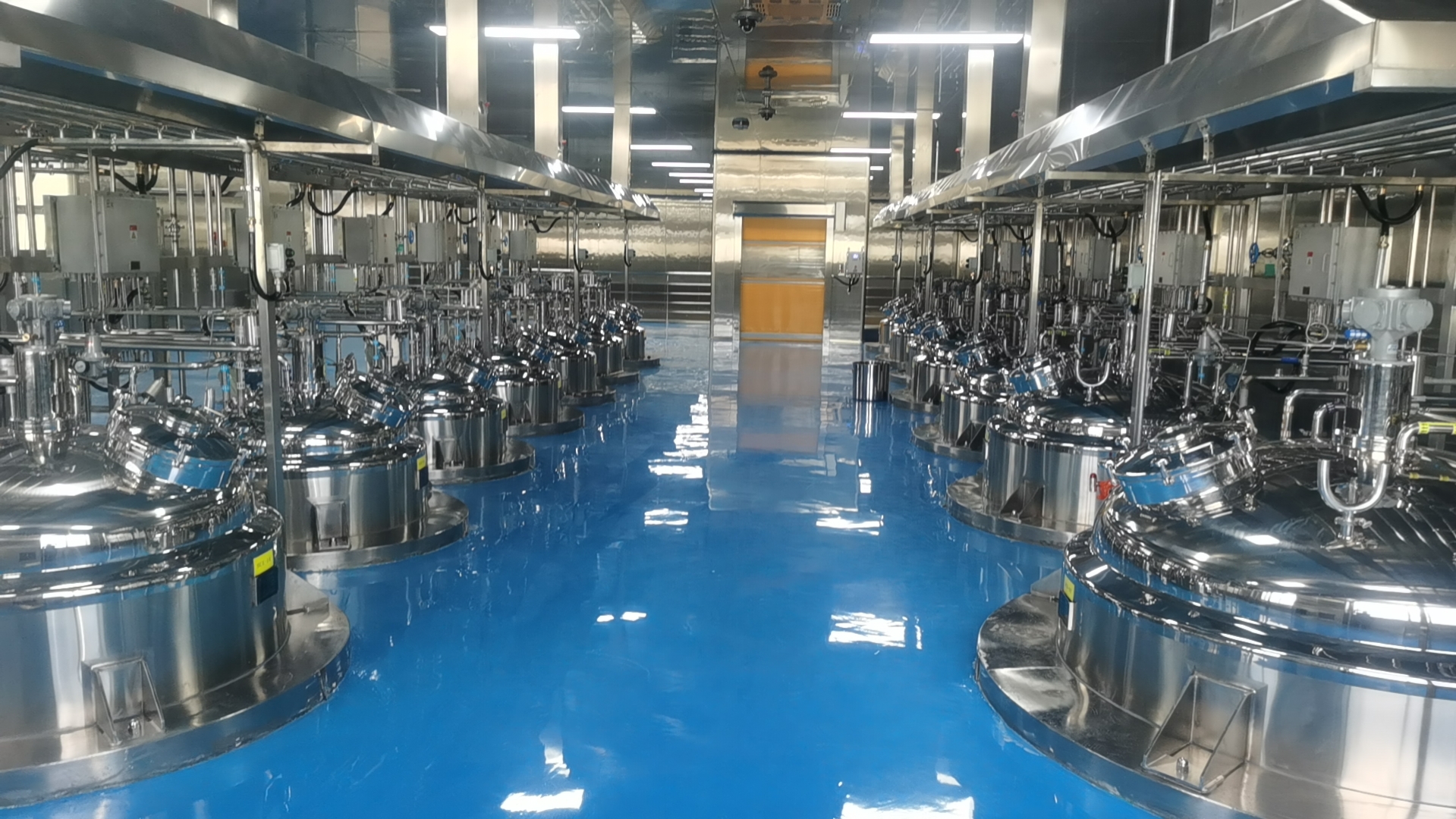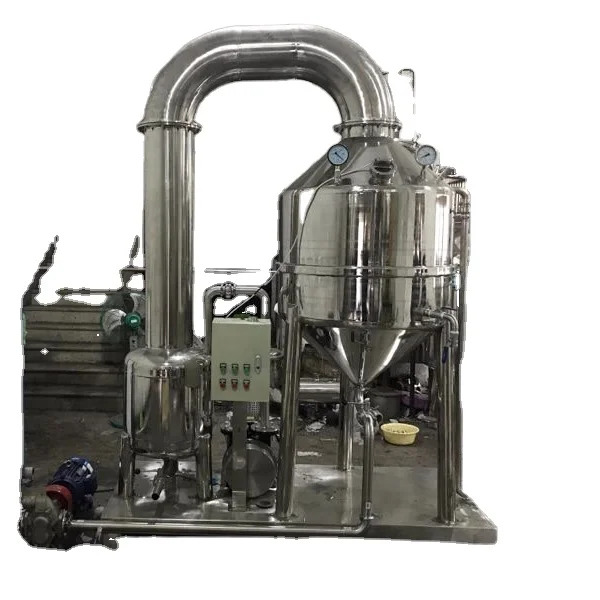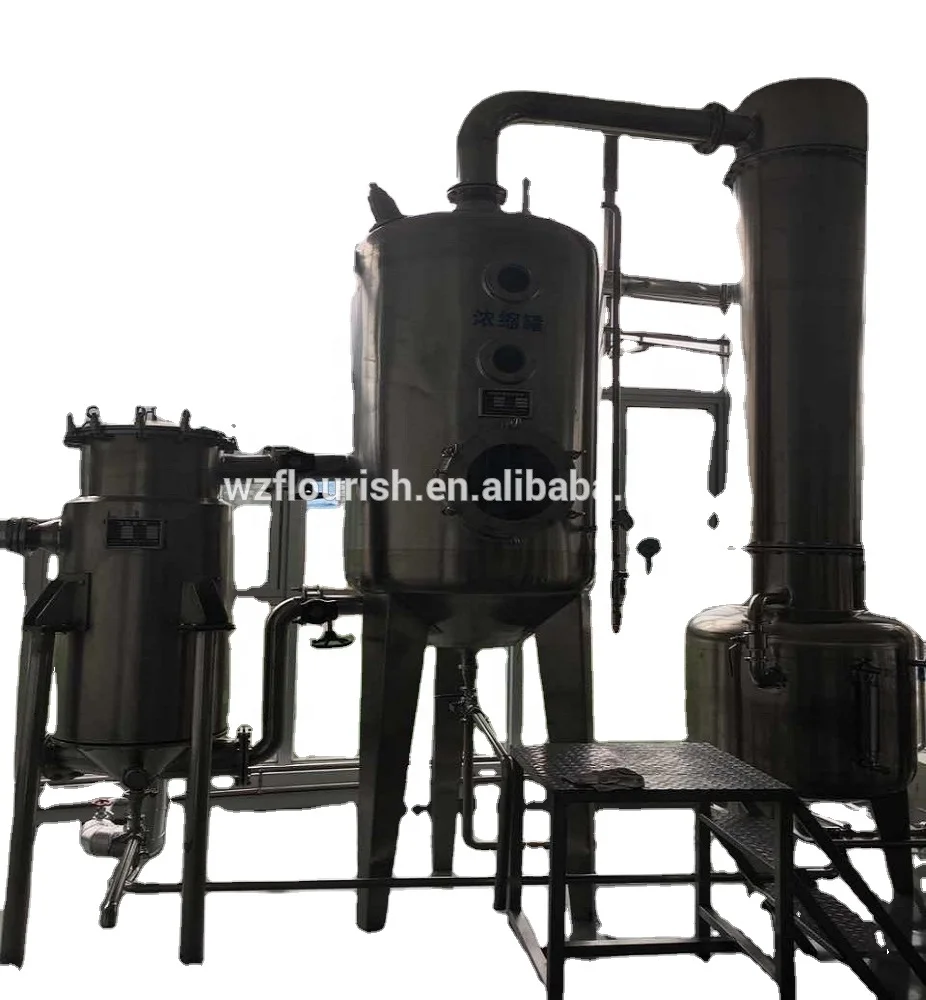
ABOUT
Wenzhou Vince Machinery Science Co., Ltd. was established in early 1980s. Our company covers an area of 6500 square meters and is an independent legal representative firm, possessing rich economic technology strength. Our company is a high tech enterprise and plays an important role in national dairy, foodstuff, pharmacy and machinery industries. We are a beverage machinery supplier.
Since the establishment, our company has mainly engaged in dairy products, foodstuff, beverage machinery, bean products, yellow wine, medicines and fermentation projects. What's more, our company supplies a complete sequence services in manufacturing, installation, test and personnel train, as well as the whole direction service design and consulting service on product project construction or enlargement artistic distribution engineering sets budget.
Fermentation Tanks: A Gateway to Sustainable Biomaterials
The world is grappling with the consequences of our reliance on unsustainable practices, particularly in material production. The relentless demand for plastics, textiles, and other materials has led to environmental degradation and resource depletion. Enter fermentation tanks, not just as vessels for brewing beer and wine, but as gateways to a more sustainable future. Fermentation, a process harnessed for centuries, is experiencing a renaissance as a powerful tool for crafting biomaterials.
Harnessing Microbial Power
Fermentation, at its core, is the controlled breakdown of organic materials by microorganisms. These tiny factories, fueled by sugars and other nutrients, churn out a diverse array of valuable byproducts. By strategically selecting microbial strains and controlling fermentation conditions, scientists can tailor the process to produce bio-based materials with specific properties. From biodegradable plastics to sustainable textiles, the possibilities are vast and exciting.
Bioplastics: A Sustainable Alternative
Traditional plastics, derived from fossil fuels, pose significant environmental challenges. Bioplastics, crafted through fermentation, offer a greener alternative. Microorganisms like bacteria can be engineered to produce polyhydroxyalkanoates (PHAs), a class of biopolymers with remarkable versatility. PHAs can be molded, extruded, and processed like conventional plastics, but they decompose naturally in the environment. This breakthrough unlocks the potential to replace plastic packaging, disposable cutlery, and even medical implants with eco-friendly alternatives.
Beyond Plastics: A Spectrum of Biomaterials
The scope of fermentation-derived materials extends far beyond bioplastics. Microorganisms can be employed to produce bio-based inks, adhesives, and even leather substitutes. Scientists are exploring the use of microbial cellulose, a naturally occurring polymer, to create sustainable textiles and paper. Fermentation opens doors to a world where materials are not just functional but also environmentally responsible.
A Circular Economy for Biomaterials
Fermentation offers a pathway to a circular economy for biomaterials. The process can utilize renewable resources like agricultural waste and industrial byproducts as feedstocks. This reduces reliance on virgin resources and minimizes waste generation. Moreover, the bio-based materials themselves can be designed for biodegradability, ensuring their eventual return to the environment without leaving behind harmful residues.
Challenges and Opportunities
While fermentation holds tremendous promise, it's not without its challenges. Scaling up production, optimizing fermentation processes, and ensuring cost-competitiveness are crucial hurdles to overcome. However, the rapid advancements in biotechnology, coupled with growing consumer demand for sustainable products, present ample opportunities for progress. Collaboration between researchers, industry, and policy makers is essential to accelerate the development and adoption of fermentation-based biomaterials.
Fermentation tanks, once confined to breweries and wineries, are emerging as powerful engines of innovation, driving the transition towards a sustainable future. By leveraging the power of microorganisms, we can transform our approach to material production, creating a world where environmental responsibility and innovation go hand in hand.
SUBSCRIBE
INQUIRY





